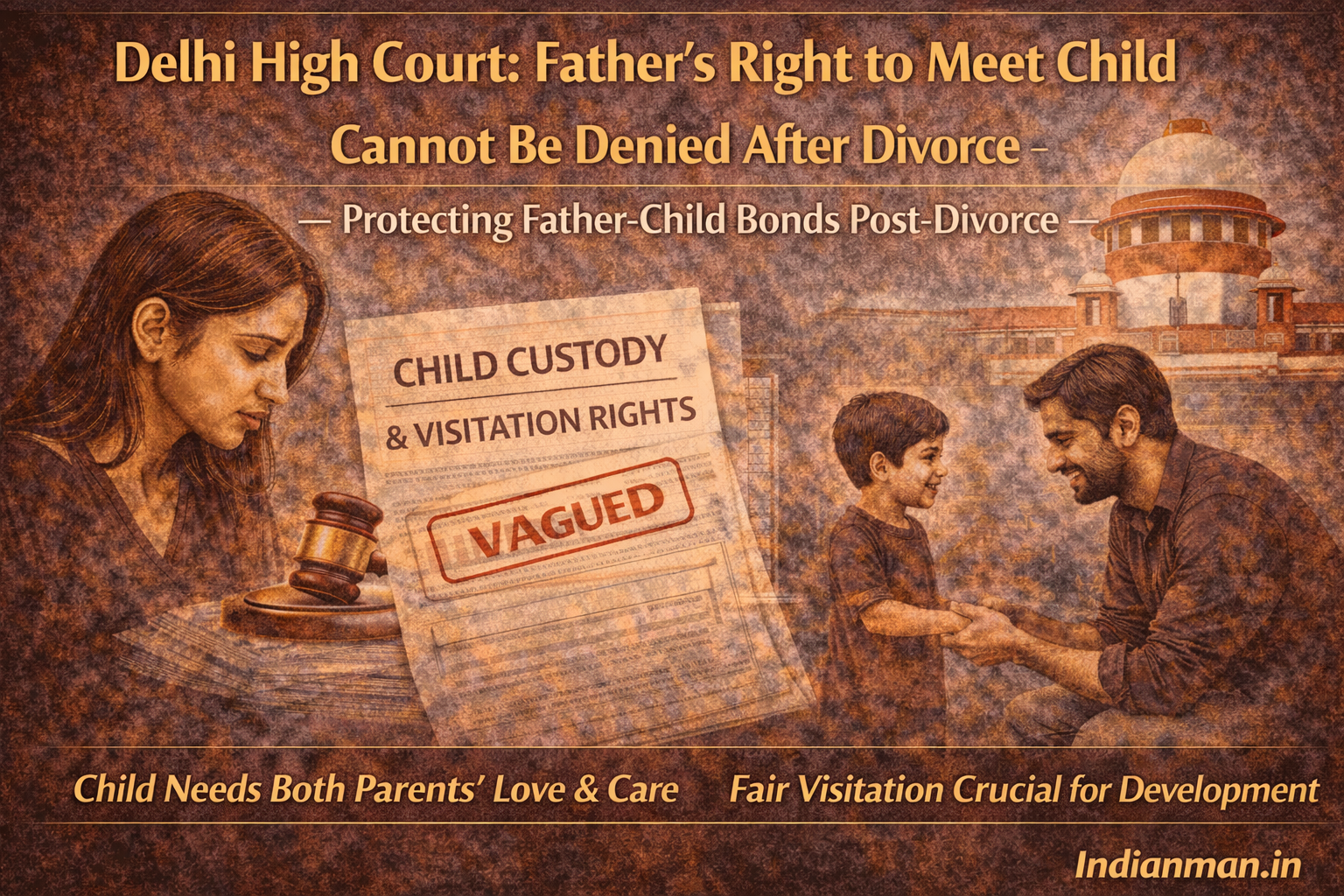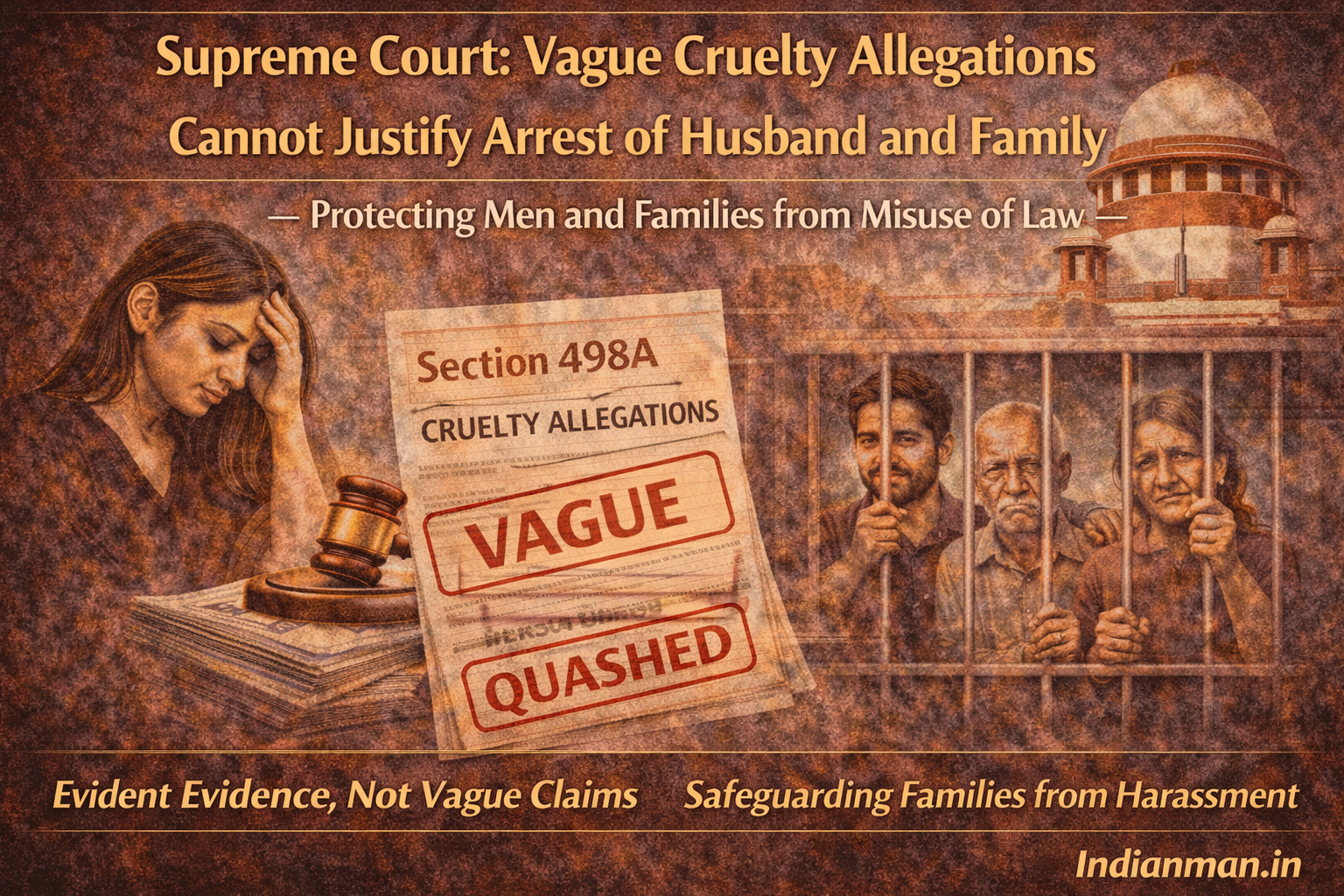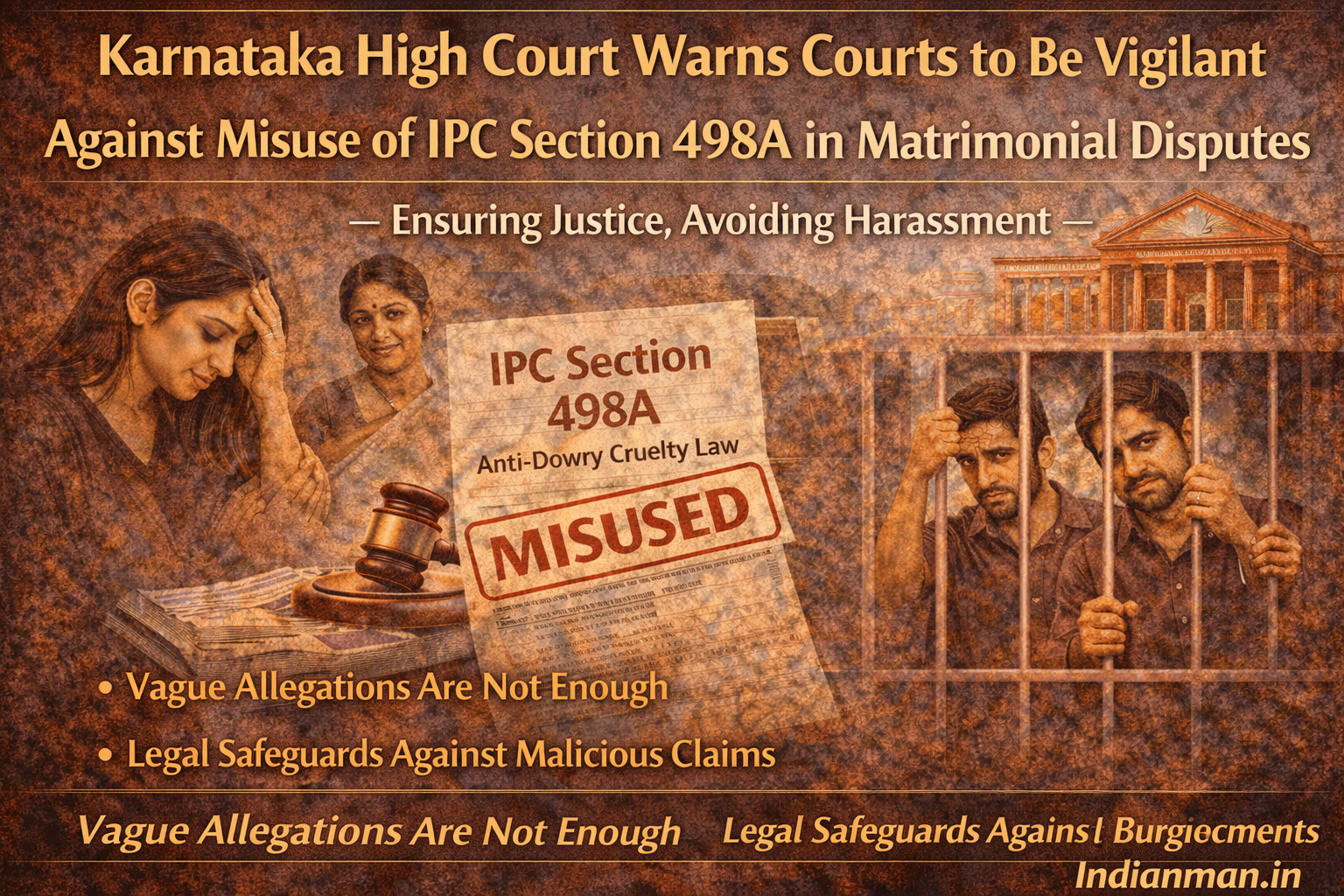Non-Compoundable Criminal Cases Can Be Quashed If No Societal Interest Exists: Jharkhand High Court
In a recent judgment, the Jharkhand High Court emphasized that non-compoundable criminal cases can be quashed if the parties involved have settled the dispute and pursuing the case serves no societal interest. The court referred to Supreme Court judgments to support its decision.
The case, presided over by Justice Sanjay Kumar Dwivedi, involved criminal proceedings under multiple sections of the Indian Penal Code (IPC) and the Dowry Prohibition Act. The petitioner requested the court to quash the proceedings, citing a marital dispute that had been resolved amicably between the parties.
Advocate Shailesh, representing the petitioner, argued that the case was a personal dispute and had no societal implications. The special public prosecutor supported this view, stating that the court could quash the proceedings if societal interest was not involved.
Justice Dwivedi relied on the Supreme Court judgment in Narinder Singh & Ors vs State of Punjab (2014) 6 SCC 466. The judgment outlines that criminal cases may be quashed if:
- The parties have reached a settlement.
- There is no likelihood of conviction.
- The case does not involve societal interests.
After reviewing the facts, the court quashed the criminal proceedings, concluding that continuing the case would not serve any larger public interest.
This decision reinforces the principle that criminal cases arising from private disputes can be resolved if the parties agree and the matter does not impact society at large.
Case Title: Mohd Irshad Hussain & Ors vs State of Jharkhand
Case No.: Cr. MP 1036/2022
Be a part our social media community:
Facebook: https://www.facebook.com/IndianMan.in?mibextid=ZbWKwL
Instagram:
https://www.instagram.com/indianman.in?igsh=MWZ2N3N0ZmpwM3l3cw==




